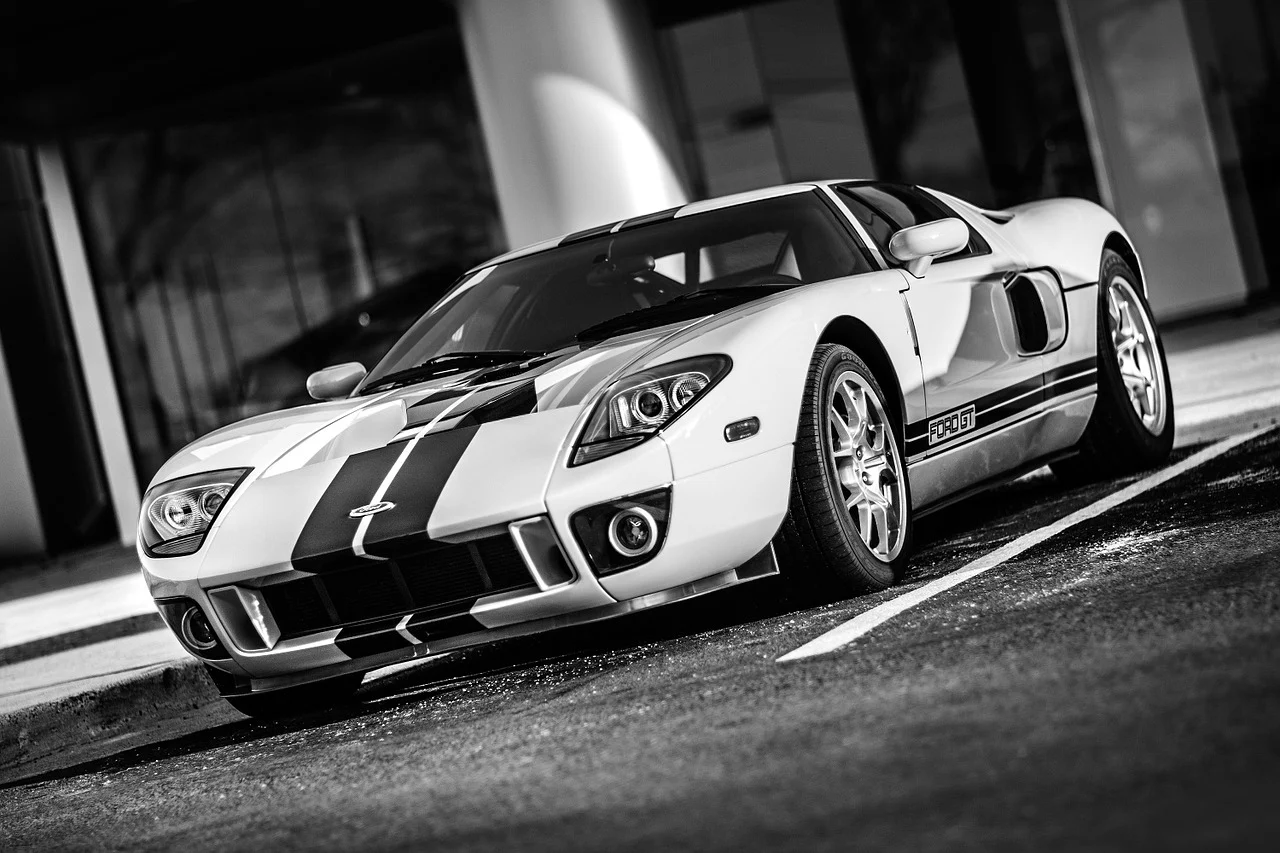Cars
Owning them, driving the, treating them well, treating them poorly and everything in between is one of the many joys in life, and there is an enormous global economy centered around cars and their maintenance. With the many, many different brands of car and their widespread and varied applications in day-to-day life, there seems to be a car for each person that works exactly with them, but how do you choose the car that’s right for you?
Aside from visiting Cars & Co, how can you find the car that will fit your needs without breaking the bank? To answer this question, we’ve put together a list to compare the benefits of various automobiles.
Power
The power of a vehicle refers to it’s power-to-weight ratio, which is how strong it’s engine is weighed against how heavy the car is. Bigger trucks have more power in the engine, but they can weigh hundreds of tonnes, so the power is less relevant when it comes to speed. A small car with an average engine could have a decent top speed, whereas a large car with a smaller engine might be slower overall.
Picking a good power-to-weight ratio is key when deciding how much power you need, and this is best ascertained with a wide-ranging test drive. Take a test car onto a freeway, around some traffic, and to some fast-takeoffs where possible, to really understand the car before committing to buying it.
Cost

The cost of a car is very, very important in the decision making process. If it weren’t, we’d all buy Aston Martins and drive them at top speed everywhere. Buying a car that works with your budget is relatively easy. You can simply visit a bank and discuss car finance options with them to work out what works for you, or you can save up and buy a car outright.
Take into account the average cost of maintenance of the vehicle, and replacement parts, as these can differ hugely in different brands of car. For instance, a Ford Mustang is an american vehicle, so it’s parts will be made in america, so servicing and parts will cost a lot more than a Subaru WRX, whose parts are made in Japan.
Reasonable Application
Ok, we all want to get a cool car with lots of power that can do everything, but when buying an actual real car, we should take into account what we will actually use the vehicle for most. If you live in a rural area with lots of dirt roads and large potholes, rocks, and uneven surfaces, a lowrider sportscar might not be the best choice for you. Similarly, if you live in the middle of a city, rarely or never leave the confines of a sealed road, and wash every speck of dirt from the outside of your vehicle the second it lands, you might not need an enormous, off-road vehicle.
Resale Value
It’s hard to imagine, especially since it’s a brand new car, but one day you’ll sell this car, either for scrap or in the interests of buying a new one. Considering the resale value of the car is a good step to think about when buying the car initially, as if you’re buying a car that is known to have a lot of issues after a certain point, you may as well avoid that make and model of vehicle and opt for something more reliable that you will be able to resell in the future.
With your new car sitting in the driveway, there’s no reason not to take it for a spin, safe in the knowledge that you’ve thoroughly thought through this decision, and that that car is the right one for you.








